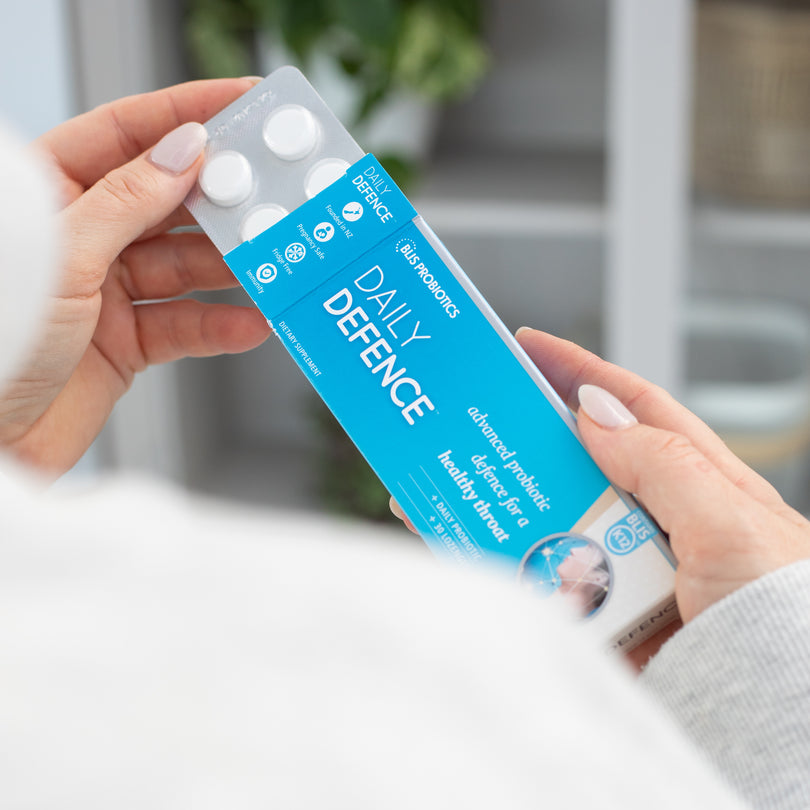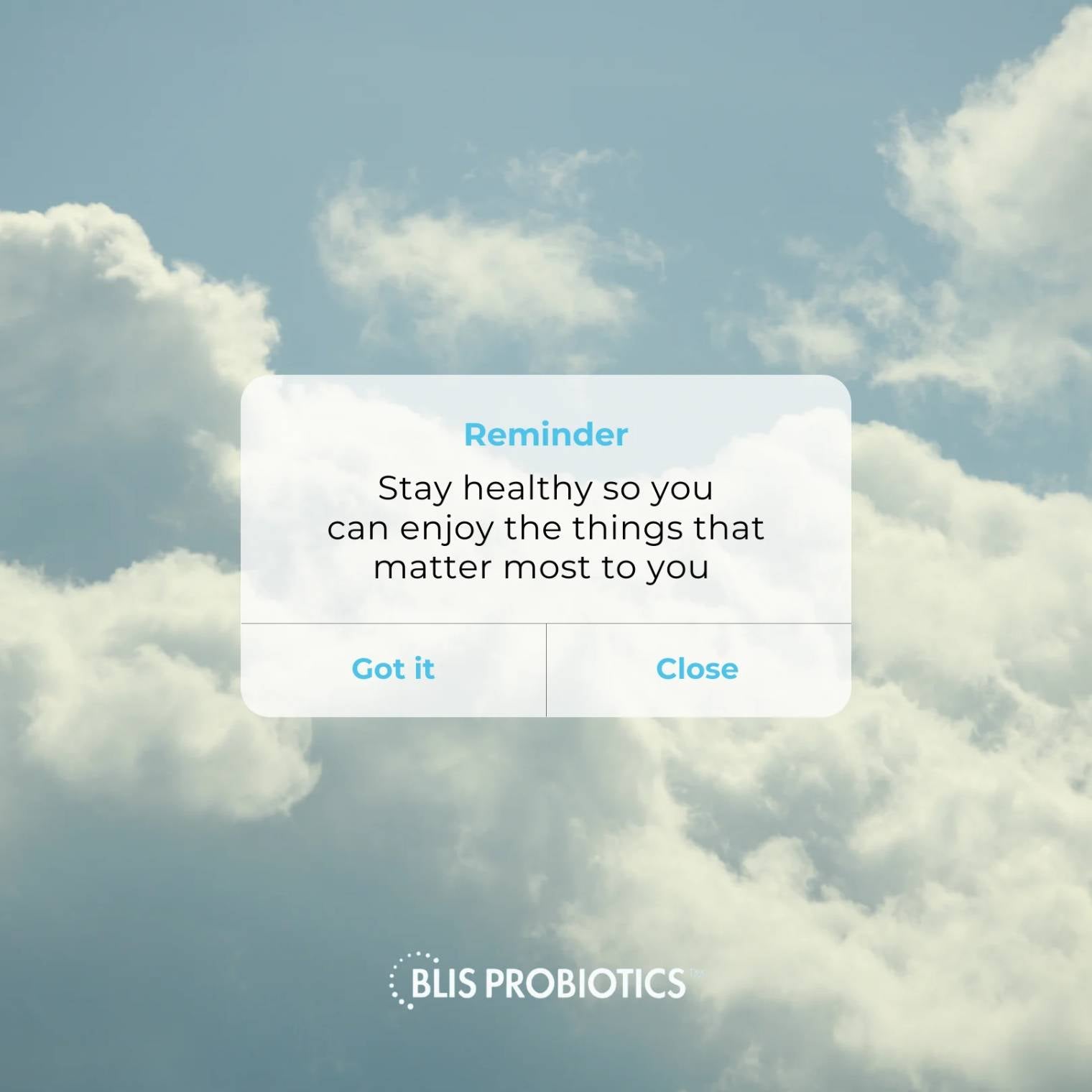Probiotics are live microorganisms that when administered correctly can help support a variety of the body’s microbiomes by maintaining or replenishing a healthy community of microorganisms. Probiotics that support the gut microbiome can be found in fermented foods, dietary supplements, and yoghurt.
Most people think of bacteria as a “bad” thing. However, when consumed properly in the right format, they can be extremely beneficial for your body.
That said, there are a lot of misconceptions out there. Many myths make people believe that probiotics are simply a placebo with no real benefits.
The goal of this guide is to help you understand the in’s and out’s of probiotics and to debunk some of the myths you might have heard.
Are Probiotics Scientifically Proven?
There has been a lot of research done on probiotics and of course, there is always more to learn. Probiotics have shown positive results in supporting bowel health, digestive health, throat and mouth health.
In some cases, it may be difficult to determine which probiotics are helpful and which are not. This is why it’s important to only purchase probiotics from a reputable supplier that has a history of providing high-quality supplements.
Downsides of Taking Probiotics
While most people will experience absolutely no side effects from probiotics, the most common one associated with their use is bloating. This will depend on the type of probiotic, as some that provide bacteria to the gut may cause gas. These probiotics can have long-term benefits but may also have short-term side effects.
Biogenic amines can be found in some gut probiotics, which are known to cause headaches due to an increase in blood flow. Again, this is something that will only occur in a small number of people.
Are Probiotics Science or Pseudoscience?
It’s important to understand that people who live a healthy lifestyle and eat well may not experience major benefits from taking gut probiotics. This is due to the fact that they’re already consuming a lot of probiotics found naturally in their diet so supplementing is not necessary.
However, many people do not consume all of the natural bacteria and fibre that they should. That can lead to constipation and bloating. Probiotics can be a useful tool for these individuals.






